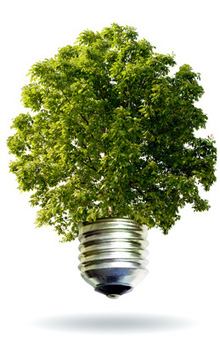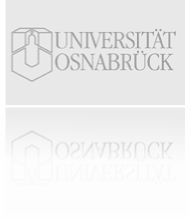ScopeNC-AFM and related techniquesNoncontact atomic force microscopy (nc-AFM) and related experimental techniques emerged about 20 years ago and have since then taken a dramatic development. Having branched into a multitude of experimental tools nc-AFM is now indispensable in many fields of surface science and nanoscience. By nc-AFM, the structure of surfaces, in particular of insulating character, can be studied at the nanometre and and atomic scales. Imaging with atomic resolution is often complemented by force spectroscopy allowing to obtain detailed information about the interaction between the tip and surface atoms. Furthermore, it is now possible to precisely manipulate atoms, molecules and clusters by the action of the force microscopy tip making nc-AFM a tool for nanostructuring surfaces. Besides the possibility of investigating electrically insulating surfaces, the strength of nc-AFM is the versatility of related methods and applications like magnetic force microscopy (MFM), electrostatic force microscopy (EFM) and Kelvin probe force microscopy (KPFM), the latter two allowing the study of local work function and charge/dipole distributions providing some chemical specificity.The main objective of the Summer School is to teach the basics of nc-AFM and related techniques like KPFM and starting from this basis to provide a deeper insight into specific fields on a high scientific level. The teaching will not only include the foundations and theory of the techniques but it will also demonstrate their potential and applications. The Summer School will have a multi-disciplinary character as the discussed techniques have equally important application in fields like surface physics and chemistry and nanoscience. Students will have the opportunity to present their work as an oral or a poster presentation. Target audienceThe Summer School addresses PhD students, post-docs and generally researchers with an interest to be acquainted with nc-AFM and related techniques or who wish to extend their knowledge in this field. Furthermore, it is open to Bachelor and Master students with an intention to enter the nc-AFM community. Imposed by the funding institutions, participants from France and Germany are given priority. The official language will be English.TopicsThe lectures will cover basics: › Principles and techniques of nc-AFM, KPFM, EFM and MFM › Characterization of cantilevers and tuning fork sensors › nc-AFM instrumental optimization › Imaging and force spectroscopy › Image contrast formation and interpretation › Modelling tip-surface interactions, nc-AFM instrumentation (virtual AFM) and prominent applications: › Imaging insulating surfaces and supported molecules › Extremely high resolution (orbital imaging) › Imaging intra-molecular structures › Atomic and molecular manipulation › Characterizing materials for photovoltaic applications › Imaging magnetic structures › Force detection of single electron tunneling › Imaging and force detection work function differences on surfaces › Detection of charged nano-objects › Charge manipulation of nano-objects  OrganizationThe Summer School comprises five types of activities, lecture courses, student oral presentations, student poster presentations, demonstrations from companies and general scientific discussions.
 |
 |






